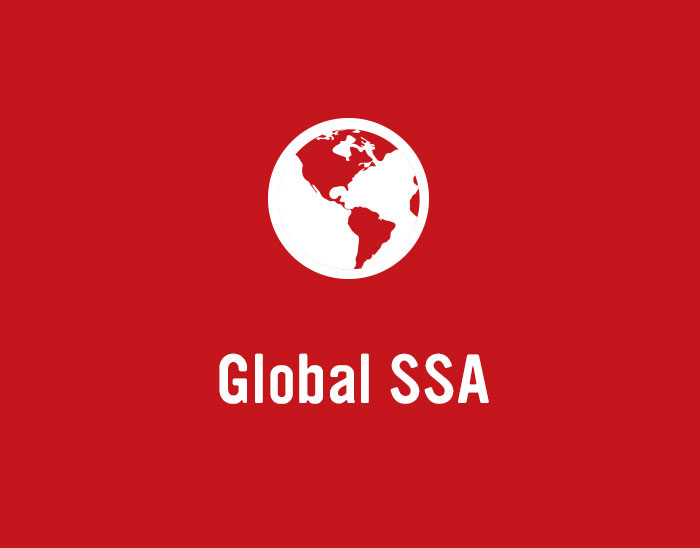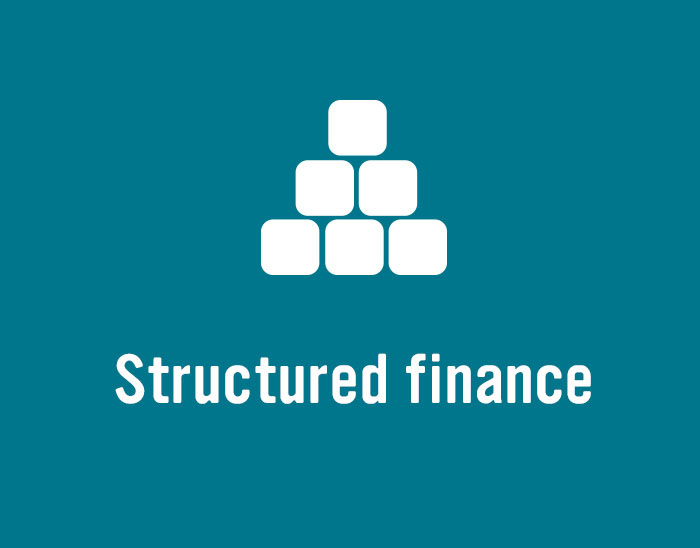
News

The Australian major bank credit market reopened with a bang on 27 October after another low-supply period. Commonwealth Bank of Australia priced a A$2 billion (US$1.3 billion) tier-two trade followed a few hours later by ANZ Banking Group pricing a A$4.75 billion senior offering.

The KangaNews New Zealand Debt Capital Market Summit closed with a discussion between the treasurers of the local big-four banks, at a time when these institutions find themselves in the crucible of rising rates, soaring inflation and volatility in global funding markets. The treasurers discussed capital, funding and asset stability, and the challenges ahead.

Inflation, interest rate increases and geopolitical risks have changed corporate Australia and New Zealand’s view on debt capital markets, according to the 2022 KangaNews-Moody’s Investors Service Corporate Borrowers’ Intentions Survey. The findings highlight a shift in the funding mix as borrowers turn to safe harbours in response to and anticipation of more troubled times.

The Westpac-KangaNews Corporate Debt Summit returned to Sydney as an in-person event on 20 October, at a fascinating juncture for the sector. After an unprecedented change of direction for monetary policy, painful market conditions for credit investors and a new-issuance slump, it would be easy to imagine an atmosphere of gloom. However, while acknowledging significant challenges in the near term, many speakers at the event suggested a difficult 2022 could be preparing the ground for a more healthy local credit market in the years to come.

The Reserve Bank of New Zealand was among the first globally to begin increasing rates and its battle with inflation goes on despite a series of hikes throughout 2022. The KangaNews New Zealand Debt Capital Market Summit gathered economists from the big-four banks to discuss the monetary policy response, political currents and the state of the local economy.

The supranational, sovereign and agency Kangaroo market kicked off 2022 with a near-record first quarter but then slipped into the doldrums as fundamental and technical challenges slowed deal flow to a crawl. The sector has been through difficult times before, however, and dealers say the longer-term outlook remains healthy.

Quant credit trading is taking off in the US and Europe, with asset managers betting that the asset class is ripe for the same innovation that has upended equity markets over the last 20 years. Australian credit may be less fertile ground for such a rollout, but some market users are exploring the viability of using quant practices and systems to gain an edge.

Between the last week of August and late September, 11 new public securitisation deals printed in the Australia. Market participants say stable pricing and competitive margins – particularly for senior notes – drew previously sidelined investors back to the market, including increased interest from offshore.

KangaNews’s third annual survey of Australian and New Zealand fixed-income investors’ environmental, social and governance requirements highlights a market that is rapidly scaling up its expectations. The focus has evolved from a debate about whether issuer- or security-level considerations are more important to a general demand for more data and more quantifiable targets that can be delivered in the short-to-medium term.

Social bonds took a step forward in prominence globally during the pandemic, but the product has never gained significant traction in Australia beyond global high-grade issuers and occasional specific-use cases. Sustainable finance experts say there is still growth potential but what these bonds should look like, what organisations should issue them and how impact is measured are all still works in progress.

